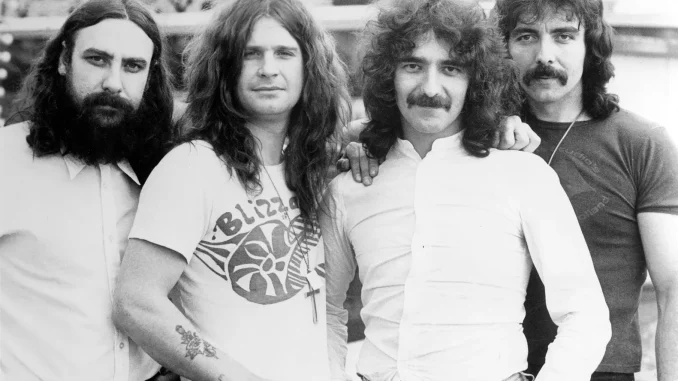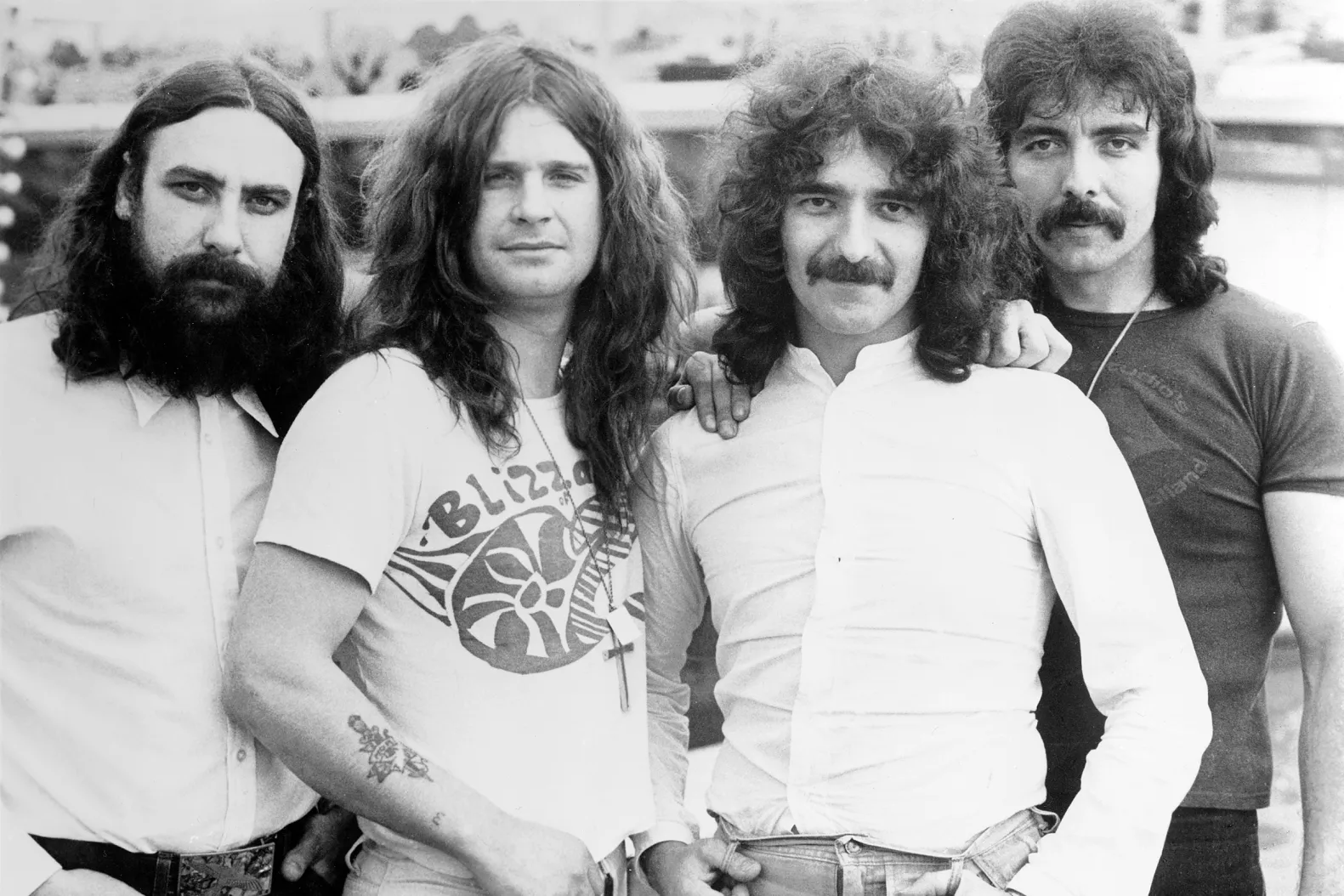

While many bands continue unimpeded when founding members leave, and a lucky few reach heights unfathomable to fans afterwards, some aren’t the same after their original lineup dissipates. We’ve seen this repeatedly over the sprawling timeline of music, with it clear that the initial energy many bands produce at their first rehearsal is of a type that cannot be repeated. This is a reality Black Sabbath are very familiar with.
Although they had several names and iterations before they became Black Sabbath, the collective potency of Ozzy Osbourne, Tony Iommi, Geezer Butler, and Bill Ward was clear to all from the outset. In fact, in late 1968, Iommi even spurned the chance to join one of the era’s most prominent acts, Jethro Tull, to return to Birmingham and his sonic brothers in arms. That brief foray away confirmed to him just how much he missed them and how, together, they were better than every other band.
It’s no surprise that after Iommi had that dawning realisation that Sabbath, who were then still known as Earth, dove fully into their work. In 1970, they released two widely influential albums, which provided the emergent metal sound with some of its fundamental sonic tenets. After that scintillating year, Sabbath went from strength to strength, delving further into musical heaviness and thematic darkness with other significant releases such as Master of Reality and Vol. 4.
While during this most consequential period, Sabbath were on heat musically, their balance and bonds would be seriously impacted by their success and increased predilection for hellraising. From 1973’s Sabbath Bloody Sabbath onwards, the quality of the original lineup’s output would continue to decrease despite the odd moments of brilliance that emerged, and it was clear for a long time that the writing was on the wall for them in this form. In 1979, Osbourne was out for good, as was Butler, and the following year, Ward also took his leave, leaving it to Iommi to steer the ship.
All would return at different points, and although Iommi did a great job in keeping Sabbath as one of metal’s biggest bands in the 1980s and beyond, the group were never the same, regardless of some of the high-profile names that joined their ranks, including Ronnie James Dio and briefly, Deep Purple’s Ian Gillan. Arguably, the closest the group got to reclaiming their original energy was when Osbourne, Iommi and Butler created the band’s 19th and final album, 13, in 2013 alongside Rage Against the Machine drumming powerhouse Brad Wilk.
While it was a brilliant way to bring the curtain down on Sabbath’s studio career, the record and the ensuing tour, the aptly named The End, which took place from January 2016 to February 2017, were missing one thing to make them truly special: Bill Ward. Years later, and following a 2022 Commonwealth Games performance in their native Birmingham without Ward again, Osbourne stoked intrigue about an original lineup in May 2024. Conceding his sadness that Ward didn’t participate in The End, he said: “It wasn’t Black Sabbath that finished it. It’s unfinished. If they wanted to do one more gig with Bill, I would jump at the chance.”
Speaking to Songfacts the following month, bassist Butler was asked if he regretted Ward not being involved in The Endtour. He echoed Osbourne’s statement, saying all of them rue it. He explained: “We all regret it. It’s health-wise, really. It’s up to Bill. If he feels like he can do it, then we’ll do it.”
I think I speak for most Black Sabbath fans when I state that we not only hope to see them reunite with Ward for one last tour but that they also have unfinished business in the studio. Despite what some say, they really haven’t got anything to lose.
Leave a Reply